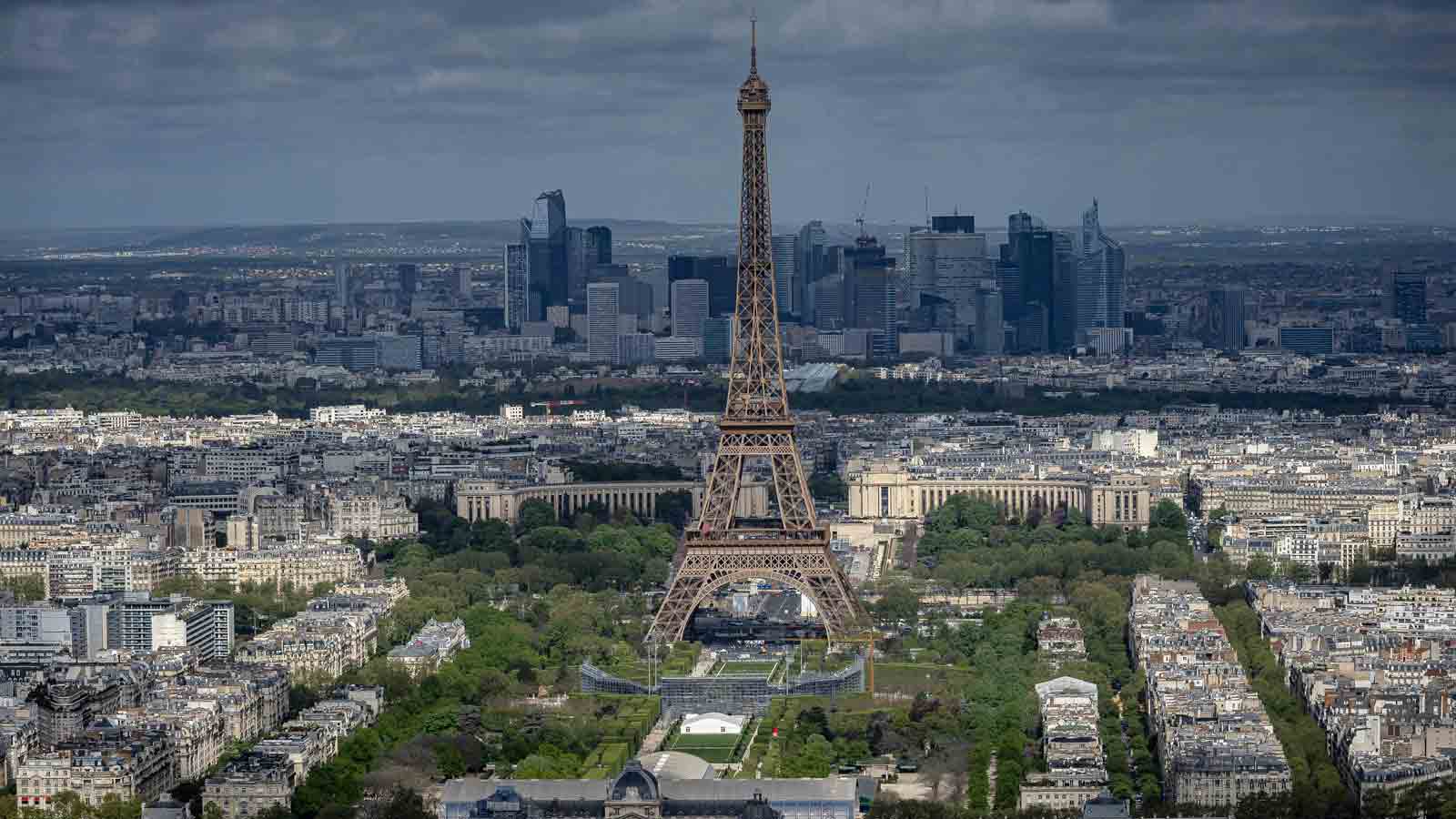Nearly four decades after Massachusetts lawmakers banned the practice statewide, happy hour could return to the menu in willing cities and towns if the Senate has its way.
Senators voted late Thursday night to tack an amendment creating a local-option happy hour program onto their version of a $4.57 billion economic development bill (S 3018), suddenly reviving the chances of a long-debated idea popular with many consumers that has failed to gain traction on Beacon Hill in the past due in part to concerns over drunk driving.
The amendment filed by Sen. Julian Cyr of Truro would allow any city or town's legislative body to vote to allow sale of discounted alcohol beverages at bars and restaurants during specific hours, so long as the promotion does not run past 10 p.m. and is publicly announced at least three days in advance.
That would represent a major shift for the hospitality industry and their patrons, opening up access to a business tactic allowed in most other states but prohibited here since 1984.
Get New England news, weather forecasts and entertainment stories to your inbox. Sign up for NECN newsletters.
Cyr said in addition to providing a new economic development tool, he believes the measure would chip away at a "no fun Massachusetts lament" particularly common among younger generations.
"There's been a tradition in Massachusetts of rethinking and moving away from our puritanical values when it comes to alcohol, when it comes to cannabis," Cyr told the News Service on Friday. "While I'm clear-eyed about the health risks associated with alcohol or drugs, I think we also need to be honest about people's behavior."
The language senators added to their economic development bill would not immediately authorize every single city and town to roll out happy hours. Municipalities instead would need to opt in with a local vote and could then set their own regulations, which might vary from community to community.
U.S. & World
Cyr said the provision would give a "level of granularity for local control." Some cities and towns -- especially those whose residents rely more on driving to get around -- might have no interest at all in discounted drink promotions, he said, and others might want to limit happy hours to off-peak times.
"You look at Provincetown, certainly we want to avoid any people getting into cars -- well, you don't really need to get in the car and often don't get in a car when you're in Provincetown. You really are able to walk around and stay out of your vehicle," Cyr said. "If you're in Boston, you have options, whether it be the T -- as long as it doesn't burst into flames -- or ride-sharing."
The amendment also calls on the Alcoholic Beverages Control Commission to create a nine-person advisory group, whose members would need to include experts in public safety, alcohol licensing and distribution, safe driving and restaurant operations, to help cities and towns implement happy hours.
Cyr was the only lawmaker to speak about the amendment during Thursday's debate, and senators adopted it with an unrecorded voice vote.
The addition puts a substantial loosening, but not an outright lift, of the statewide happy hour ban in the mix as lawmakers approach the July 31 end of formal sessions for the two-year term.
The House did not feature any such language in its version of the bill (H 5007). Senate negotiators will now need to convince House leaders to include it in the final accord a conference committee will aim to produce.
It's not clear how top House Democrats will receive the measure. House Speaker Ron Mariano said last year he is open to discussing changes to the happy hour ban but stopped short of supporting or opposing action. A spokesperson for Mariano could not be reached immediately for comment Friday.
In February, a legislative committee effectively spiked standalone bills seeking to overturn or examine changes to the happy hour ban by ordering them to dead-end studies.
Gov. Charlie Baker might loom as a more vocal opponent. Baker said in July 2021 he would be "hard-pressed" to support reviving discounted drink specials, pointing to the flurry of deadly drunk-driving accidents that prompted the 1984 ban.
"I remember what was going on on the roads in Massachusetts when we had happy hours, and there were some awful, horrible, terrible experiences on a very regular basis that came with happy hours back in the day," Baker said. "I know that probably makes me a stick in the mud to say such a thing, but I would start as a skeptic of going back to the way we ran happy hours."
At 36 years old, Cyr has never lived in a Massachusetts that allows happy hours. The Truro Democrat said he believes the climate has changed enough from the 1980s to warrant their return, referencing a 2020 AAA report that found the Bay State has the lowest "DUI Severity Score" in the nation and the recent proliferation of rides available on demand using services like Uber and Lyft.
"We want to learn from lessons from the past and see if we can enable happy hour as a tool that many, many other jurisdictions and most other states allow in some way," he said.



